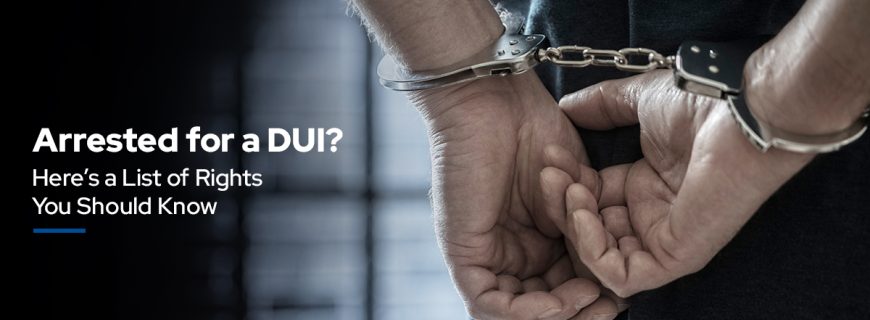
Arrested for a DUI? Here’s a List of Rights You Should Know
The holiday season is here but many people ruin their plans by driving under the influence. DUI can have a serious consequence in the US. particularly when it comes to youngsters, they think they can drive after having a few drinks but they eventually land in an extremely stressful situation. Every state has its own DUI laws and its consequences can vary from penalties to suspension of driving licenses.
We suggest hiring the best DUI lawyer in Attleboro, MA to achieve the best possible outcome. Singh Law 4 U is one of the leading law firms in Attleboro. We have represented hundreds of clients. In this blog, we will delve into some of the important rights you should know in case of a DUI arrest.
Understanding the Rights in Case of a DUI Arrest
- The right to remain silent
One of the most important rights that you have when you are arrested for a DUI is the right to remain silent. You do not have to answer any questions or provide any information to the police, except for your name and address. Anything you say can and will be used against you in court, so it is usually better to say nothing until you have a lawyer. The police should inform you of this right before they question you, as part of the Miranda warning.
- The right to a lawyer
Another important right that you have when you are arrested for a DUI is the right to a lawyer. You have the right to consult with a lawyer before and during any questioning by the police, and to have a lawyer represent you in court. A lawyer can advise you on your legal options, protect your rights, and defend your case. If you cannot afford a lawyer, you have the right to have a public defender appointed for you by the court.
- The right to a fair trial
You have the right to be presumed innocent until proven guilty, and to have a trial by a jury of your peers. You also have the right to challenge the evidence and the witnesses against you, and to present your evidence and witnesses in your favor. You have the right to be informed of the charges and the penalties against you, and to have a speedy and public trial.
- The right to refuse field sobriety tests
You have the right to refuse field sobriety tests. These are tests that the police may ask you to perform at the scene of the arrest, like walking in a straight line, standing on one leg, or following a moving object with your eyes. These tests are designed to measure your balance, coordination, and attention, and to indicate whether you are impaired by alcohol or drugs. You are not legally required to take these tests, and you can decline them without any penalty. Do not forget to hire the best DUI lawyer in Attleboro, MA to protect yourself from charges.
- The right to refuse a preliminary breath test
You can refuse a preliminary breath test if the police ask you to take it at the scene of the arrest. This test is used to establish probable cause for the arrest and to determine whether you need to take a chemical test at the police station. However, this test is not very accurate or reliable, and it can be affected by many factors, like mouthwash, medication, or food. You can refuse this test if you are not comfortable with it.
- The right to challenge a chemical test
This is a test that the police may ask you to take at the police station, using a device that measures the amount of alcohol or drugs in your blood, breath, or urine. It can determine whether you are above the legal limit for driving, which is 0.08% for alcohol and varies for drugs. Unlike the field sobriety tests and the preliminary breath test, you are legally required to take this test, as part of the implied consent law. If you refuse this test, you may face penalties, like automatic license suspension and higher fines.